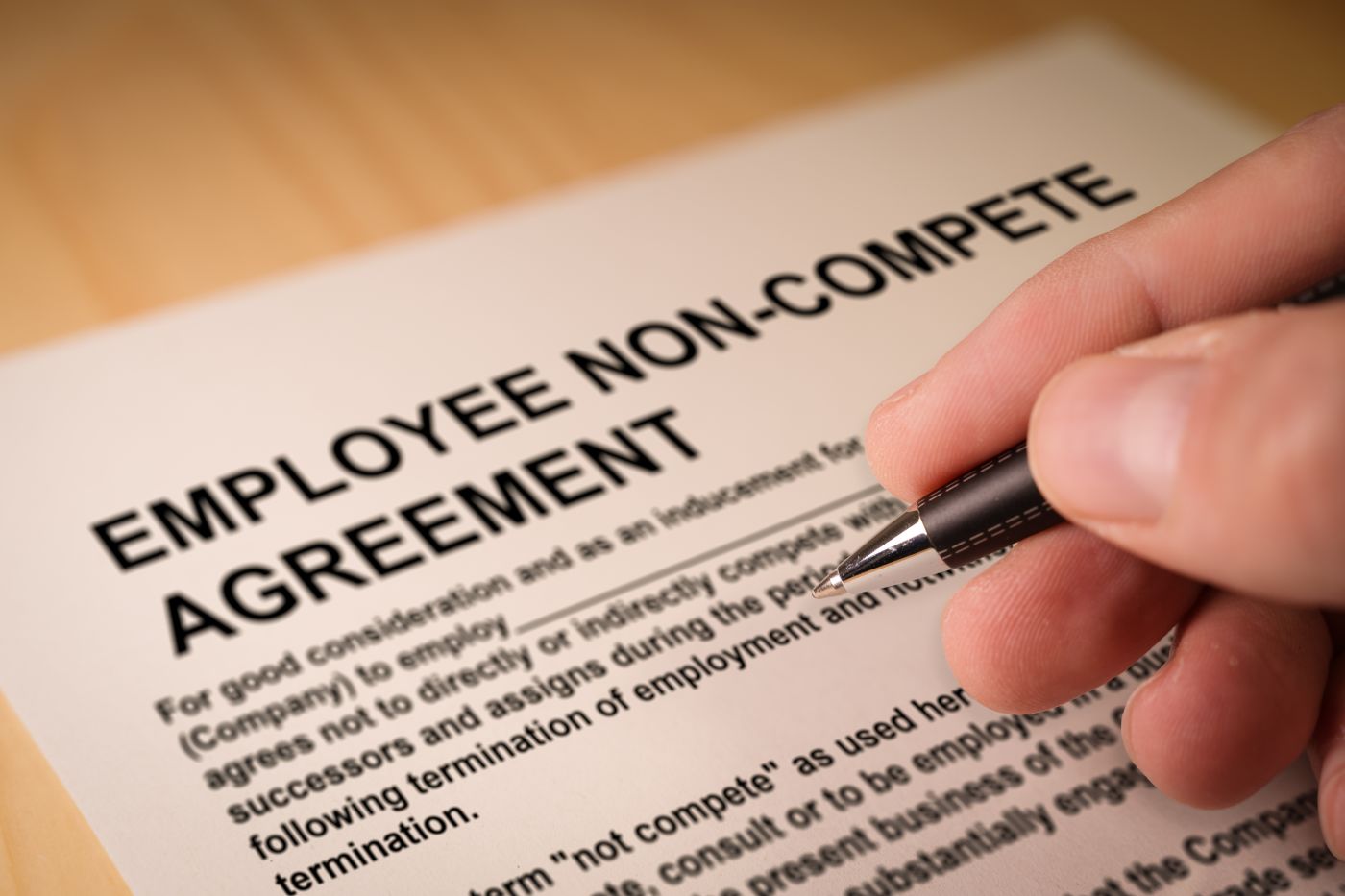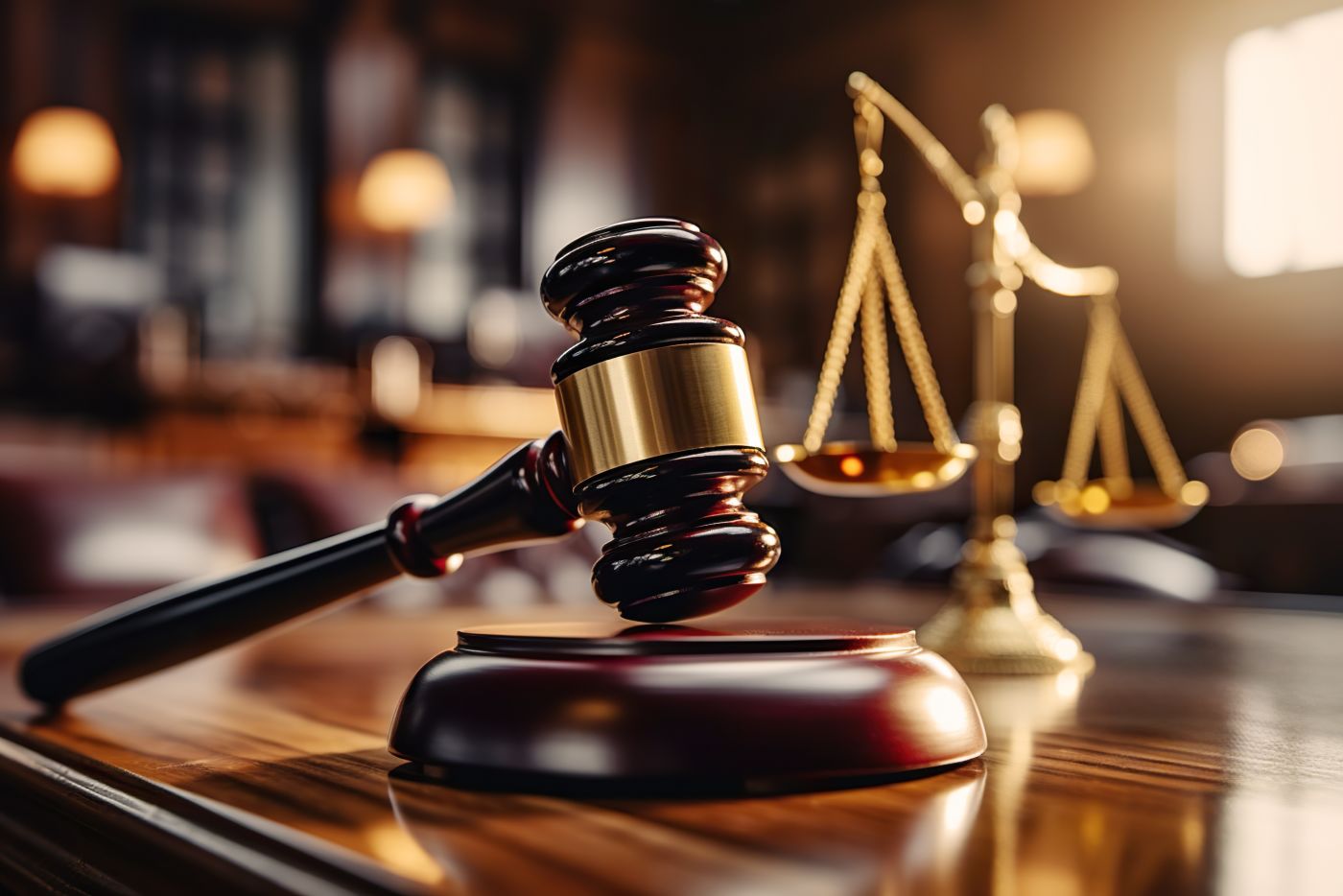
Litigation can be one of the most stressful experiences for individuals and businesses alike. Disputes involving contracts, employment matters, or personal injury claims have the potential to disrupt daily life and cause financial strain.
Preparing for these situations requires both a strong understanding of the law and a strategy that addresses each unique challenge. A well-prepared defense can mean the difference between a favorable resolution and significant long-term consequences.
At Amicus Law, we’ve built our practice on providing clear strategies and dedicated representation for clients in the Twin Cities and Greater Minnesota.
We know that defending against claims requires more than responding to allegations—it requires anticipating issues, protecting rights, and creating a plan that puts our clients in the strongest possible position from the very start. To begin the proper preparation, schedule your free consultation with us today.
Establishing a Thorough Case Assessment
Every successful defense begins with a clear and comprehensive assessment of the case. Without a solid foundation, it’s difficult to craft arguments that withstand scrutiny. That’s why our first step always involves evaluating every detail of the matter at hand.
A thoughtful case assessment requires careful attention to several components:
Review of claims and allegations: We start by closely analyzing the claims presented against our clients. Whether the dispute involves contracts, torts, or property matters, understanding the basis of each claim is essential.
Examination of available evidence: Evidence provides the backbone of a defense. We carefully collect, review, and catalogue documents, communications, financial records, and physical evidence to determine strengths and weaknesses.
Evaluation of witness credibility: Witnesses often shape how a case unfolds. Assessing their reliability and consistency helps us prepare for testimony and anticipate potential cross-examination points.
Legal precedent research: Courts in Minnesota and beyond rely heavily on precedent. By identifying past rulings with similar facts, we can strengthen our arguments and forecast possible outcomes.
By beginning with this systematic review, we position ourselves to build arguments that stand strong under pressure. Only after this groundwork is complete can we transition into creating a defense strategy.
Building a Tailored Defense Strategy
Once we’ve assessed the foundation of the case, our next task is to create a defense strategy tailored to the client’s situation. Every dispute is unique, and litigation requires a plan that reflects the nuances of the issues.
A tailored defense strategy typically involves several considerations:
Understanding procedural posture: Timing matters in litigation. Knowing whether a case is at the pleading stage, discovery, or trial preparation stage affects the defensive tools available.
Determining key legal arguments: We identify which statutory provisions, contractual language, or constitutional principles support our defense. This step allows us to set the tone early in the litigation process.
Anticipating opposing counsel’s approach: Crafting a defense also means considering how the other side may build their case. Anticipating their arguments helps us develop counterpoints in advance.
Allocating resources effectively: Whether through experts, discovery requests, or motion practice, we allocate time and resources in a way that maximizes impact without unnecessary expense.
By creating strategies that fit the circumstances rather than relying on generic approaches, we provide clients with defenses designed to meet their specific needs.
Using Early Motions to Limit Exposure
An important strategy in litigation is the use of early motions to reduce or eliminate claims before they progress. By filing timely motions, we can often narrow the scope of disputes, reducing both risk and cost.
There are several early motions we may consider:
Motion to dismiss: This challenges whether the plaintiff’s claim is legally sufficient. If successful, the case may end before it begins.
Motion for summary judgment: If undisputed facts show our client can’t be held liable, we may seek judgment without the need for a full trial.
Motions to strike: When allegations are improper or irrelevant, removing them can weaken the plaintiff’s position.
Discovery-related motions: We may also move to limit overly broad or burdensome discovery requests, keeping the case focused.
These tools aren’t always applicable, but when used effectively, they can significantly shift the balance of litigation in our client’s favor.
Managing Discovery With Precision
Discovery is one of the most critical stages for an experienced litigation attorney. It’s where the details of a case come to light and where surprises can cause the greatest harm. Our approach to discovery emphasizes both thoroughness and efficiency.
We manage discovery by focusing on key elements:
Comprehensive document review: Gathering contracts, correspondence, and other records helps us uncover information that strengthens our defense.
Interrogatories and depositions: We ask written questions and conduct oral examinations to clarify the opposing party’s claims and lock in their testimony.
Use of experts: In technical cases, expert witnesses provide analysis that clarifies complicated issues for judges and juries.
Protecting privileged information: We take steps to make sure confidential communications remain protected and shielded from disclosure.
When discovery is managed carefully, it allows us to uncover favorable evidence while limiting unnecessary burdens. This stage often determines how strong a case will be when it proceeds to trial.
Presenting a Persuasive Story at Trial
If a case reaches trial, the focus shifts to persuasion. Facts and law must be presented in a way that resonates with judges and juries. We craft our trial presentations around clarity and credibility.
Key elements of a persuasive trial presentation include:
Building a clear narrative: Trials are about storytelling as much as they are about law. We present facts in a logical order that makes the defense easy to follow.
Using visual aids: Charts, photographs, and digital presentations help simplify complicated issues for jurors.
Preparing witnesses: Witnesses need confidence and consistency when testifying. We prepare them to present their recollections clearly and truthfully.
Cross-examining effectively: Challenging the opposing side’s witnesses requires precision. We aim to expose inconsistencies without appearing aggressive or dismissive.
By treating a trial as an opportunity to tell a compelling story supported by evidence, we give our clients the best chance at a favorable outcome.
Considering Settlement Opportunities
Not every case should proceed all the way through trial. Litigation is often costly and unpredictable, which means settlement can sometimes provide a more practical solution. We approach settlement discussions with the same preparation and seriousness as trial.
Settlement strategies typically involve:
Evaluating risk versus reward: We carefully weigh the likelihood of success at trial against the potential benefits of settlement.
Negotiating from strength: Entering negotiations prepared with facts, evidence, and legal arguments helps us secure better terms.
Preserving client objectives: Settlements must reflect our client’s goals, whether that means minimizing financial exposure, protecting reputation, or maintaining business relationships.
Considering alternative dispute resolution: Mediation or arbitration can sometimes provide quicker, more cost-effective resolutions while still protecting our client’s interests.
By approaching settlement strategically, we can often resolve disputes in ways that protect our clients without the uncertainties of litigation.
Leveraging Appeals When Necessary
Sometimes, despite strong defense efforts, a trial court’s decision doesn’t reflect the evidence or law. In those situations, we may consider pursuing an appeal. Appeals provide an opportunity to correct errors and potentially achieve a better outcome.
When deciding whether to appeal, we consider:
Reviewing trial court record: Appeals focus only on what was presented below. We analyze transcripts, evidence, and rulings to identify mistakes.
Identifying reversible errors: Not all mistakes justify reversal. We determine whether the errors affected the fairness of the trial.
Crafting persuasive appellate briefs: Appellate courts rely heavily on written arguments. We draft briefs that highlight errors clearly and concisely.
Oral argument preparation: If the court grants oral argument, we prepare to answer questions directly and persuasively.
Appeals are a continuation of the litigation process, and when used wisely, they can provide another opportunity for justice.
Key Defensive Strategies for Different Case Types
Although the general principles of defense apply broadly, different litigation cases require specific approaches. Each type of dispute presents unique challenges and opportunities.
Some examples include:
Contract disputes: We analyze the language of agreements, performance obligations, and potential defenses like impossibility or fraud.
Employment disputes: Defending these cases often involves careful review of policies, communications, and witness testimony.
Personal injury claims: We focus on medical evidence, causation, and comparative fault arguments to limit liability.
Business torts: Allegations like fraud or misrepresentation require a thorough investigation of financial records and communications.
By tailoring strategies to the specific type of case, we strengthen our ability to protect our clients across a wide range of litigation matters.
Contact Us Today
Building a strong defense in general litigation cases requires preparation, foresight, and dedication. At Amicus Law, we bring our experience and commitment to every case we handle. Located in St. Paul, Minnesota, we proudly serve clients in Minneapolis and Greater Minnesota.
If you’re facing litigation and need a defense that protects your interests, contact us today to discuss your case and learn how we can help.



